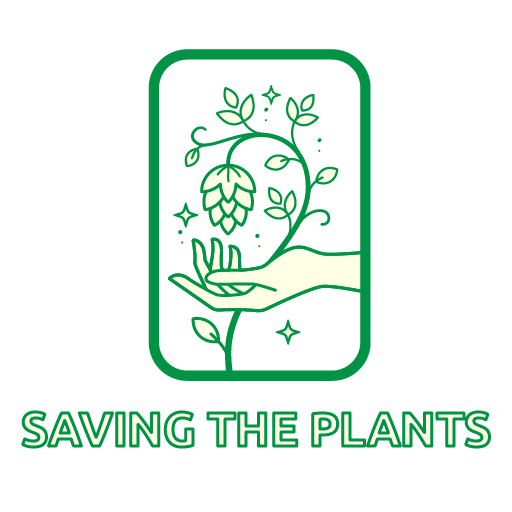The legalization of cannabis across the United States has created a new set of challenges for companies, including how to ensure that employees are not using it during work hours. Companies are looking at drug testing as part of their overall strategy in order to stay ahead of this rapidly changing market.
The “what drugs does amazon test you for 2021” is a question that has been asked by many people. Companies like Amazon are rethinking drug testing as cannabis legalization grows.
The business now has 25 restaurants in the Chicago region, with a 26th site just opening in Denver. It employs approximately 1,500 full-time workers throughout the network, with hourly pay beginning at $15.
Buona Beef requires all candidates for retail management and leadership positions to undergo a drug test. A positive cannabis test used to mean you couldn’t work, but that’s no longer the case, according to Buonavolanto.
“The various laboratories offer a five-panel standard drug test, and that hasn’t altered — they haven’t removed marijuana,” Buonavolanto added. “We don’t hire anybody based on whether or not they test positive for marijuana,” she says.
Buona still forbids workers from getting high on the job and retains the authority to do random drug tests, particularly for those involved in a workplace mishap, according to Buona.
“We have a zero-tolerance drug and alcohol policy at work, and that hasn’t changed,” Buona said, regardless of whether it’s legal or not.
While cooking a beef and sausage combination with sweet peppers is a far way from landing a 747, the Federal Aviation Administration prohibits the use of marijuana by pilots, flight attendants, air traffic controllers, and aviation maintenance personnel in safety-sensitive jobs.
Under Department of Transportation rules, all such jobs are subject to random drug testing, including for cannabis, according to an FAA spokesperson.
Some Illinois companies are still taking a tough stance.
Fifth Third Bank, headquartered in Cincinnati, tests all job applicants for narcotics, including cannabis, and has 178 branches and roughly 3,000 workers in the Chicago region. They will not be employed if they test positive.
“We still conduct a five-panel drug test and cannabis is included since we are federally regulated and cannabis is not allowed at the federal level,” said Fifth Third spokesperson Larry Magnesen. “Any offer is withdrawn if someone fails that screen, regardless of state.”
Magnesen said that the bank had just reviewed its cannabis employment policy, and that any change in federal legislation would prompt another assessment.
According to Magnesen, Fifth Third retains the right to test an employee if there is “reasonable suspicion” that they are drunk or under the influence of drugs on the job. Those who test positive face “disciplinary action up to and including termination,” according to him.
Fifth Third can test for cannabis in certain jurisdictions, but it may not be allowed to withdraw a job offer if the applicant can provide proof that it was prescribed by a doctor. The state of Illinois is not one of them.
Because of a worldwide semiconductor chip shortage, Ford’s Chicago Assembly Plant, which produces the Ford Explorer, Lincoln Aviator, and Police Interceptor SUVs, has been largely shuttered since April. Normally, approximately 5,200 people work three shifts at the almost century-old factory on the city’s Southeast Side.
According to Ford spokesperson Kelli Felker, every new employee at the factory must pass a drug test that includes cannabis. Those who test positive for marijuana do not usually get employed, she added, even if they have an Illinois medicinal marijuana license.
According to Felker, although Ford screens new employees, it does not perform random drug testing. However, she added, the carmaker retains the authority to test workers who are suspected of being inebriated or engaged in a workplace mishap, with positive cannabis test results handled on a case-by-case basis.
Cannabis employment rules that are strict may seem to be at conflict with legislative and societal trends, given that recreational marijuana usage is now allowed in 18 states and medicinal marijuana is authorized in 37.
According to a Pew Research survey released in April, 91 percent of people in the United States believe marijuana should be legal in some form, including 60 percent who support recreational usage. According to a YouGov survey, one out of every four Americans used cannabis in some form during the first 12 months of the epidemic, with almost a quarter of those experiencing it for the first time.
Legal marijuana sales in the United States are expected to reach $30 billion in 2022, according to cannabis research company Headset.
“I think those days are slipping away,” Berlin said, “the idea that you can simply continue zero-tolerance testing for even non-safety critical jobs across the United States.”
The current labor deficit may hasten the process.
According to a quarterly poll published last week by the National Association for Business Economics, 39% of companies are facing a labor shortage, with 28% anticipating it to continue into next year or beyond.
According to the Mayo Clinic, marijuana may stay in your system for up to three days after a single use, and up to 30 days for heavy users, making it a possible barrier for job seekers at companies that screen for marijuana.
Marijuana testing has continued uninterrupted at some businesses throughout the epidemic, with workers mailing in saliva test kits remotely while working from home, according to Peter Cappelli, director of The Wharton School’s Center for Human Resources.
While companies continue to cite marijuana’s federal prohibition as a justification for testing, the political winds are changing, and that argument may become less important. According to Cappelli, filtering out marijuana users from the workforce may just be the route of least resistance – at least for the time being.
“I believe the reason this is still going on is inertia — we’ve always done it,” Cappelli added. “No one wants to seem as though they are drug-addicted.”
The “legalization news” is a trend that companies like Amazon are rethinking drug testing as cannabis legalization grows.
Related Tags
- amazon drug policy
- marijuanas legalized federally
- amazon endorses legalization
- federal legalization bill 2021 vote date
- senate legalization


